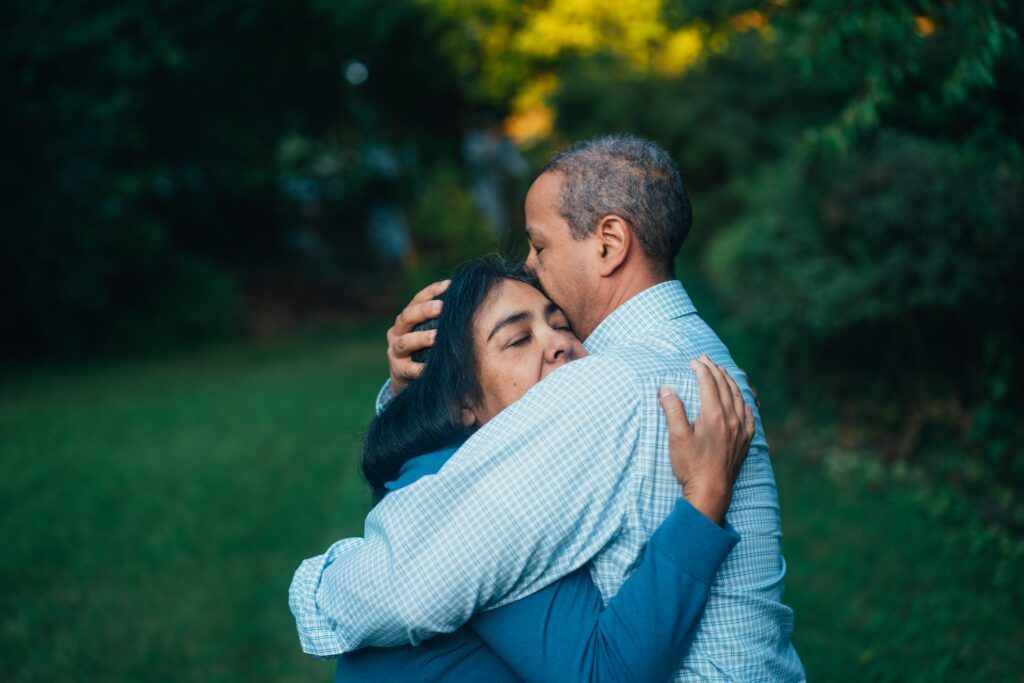A parent’s primary responsibility is caring for and maintaining safety for their children. When a child has a mental illness it makes this goal that much harder to achieve. All of your focus shifts to supporting your child and minimizing their discomfort. You spend all of your time and energy doing anything and everything you can to help your child.
Although it is important to be an ally for your child, you can only do this to the best of your abilities if you are taking care of yourself. By addressing personal needs and creating time and space to prioritize yourself, you will be able to increase your effectiveness and ability to care for your child.
Self-care can feel selfish and self-serving. However, this is one of the most important things you can do for yourself and for those around you. Self-care often is associated with self-indulgence, in treating yourself, or doing things to pamper yourself with luxuries you would not usually allow. However, these types of care are often short term and superficial, addressing surface level distress.
True self-care addresses the underlying stressors and responses that occur. Self-care is any activity that brings joy, fulfillment or self confidence. Self care can be any activity, such as reading a book, deep breathing, practicing mindfulness or brushing your teeth. By shifting the lens of our understanding of what self-care means, we can begin to remove the guilt and stigma of prioritizing your well-being.

